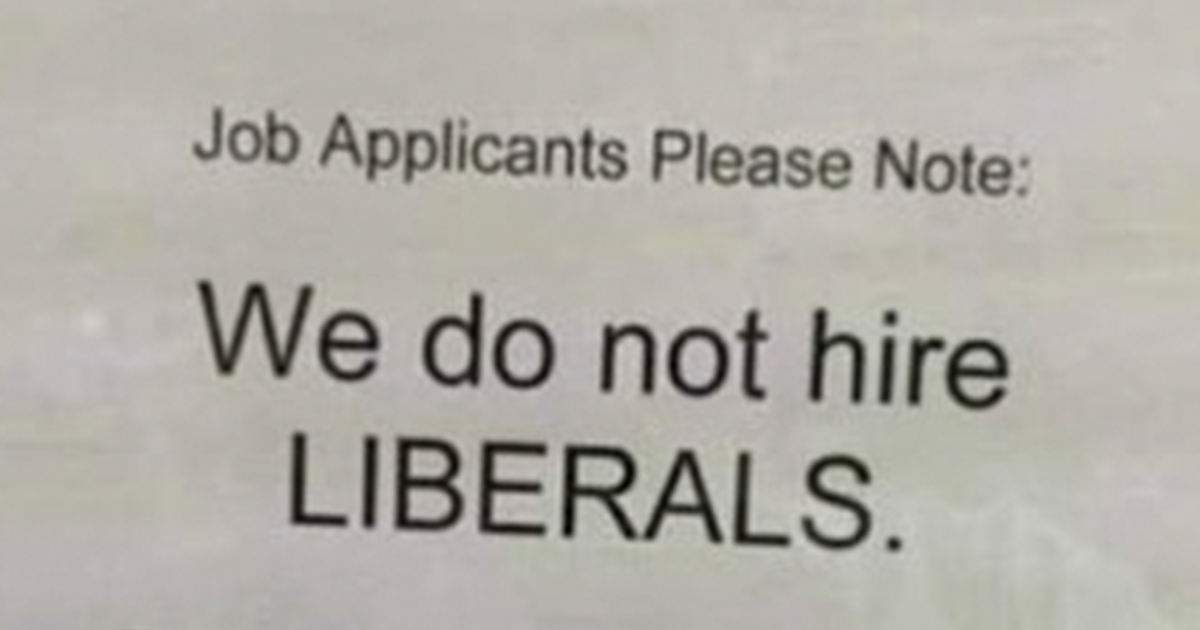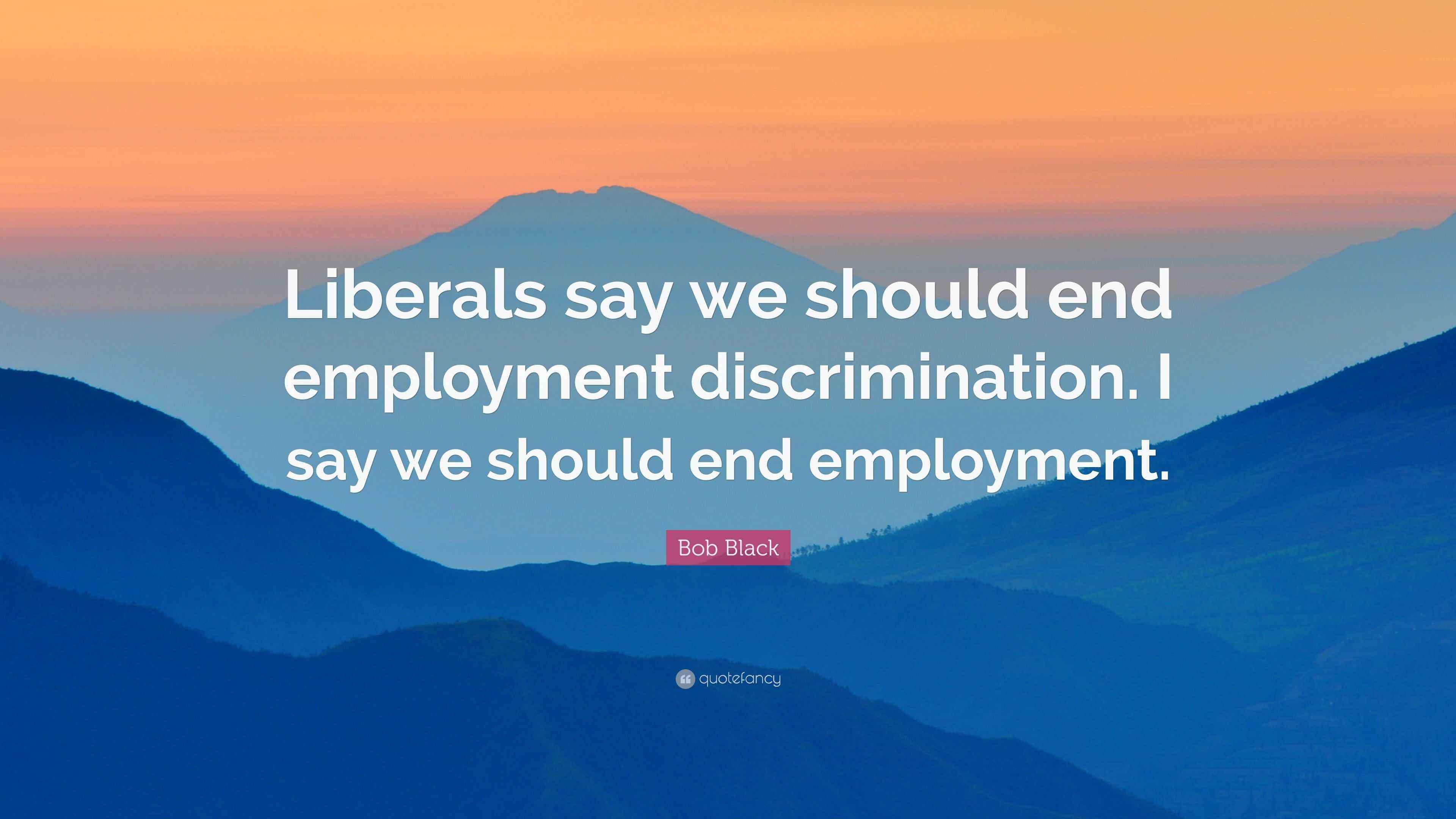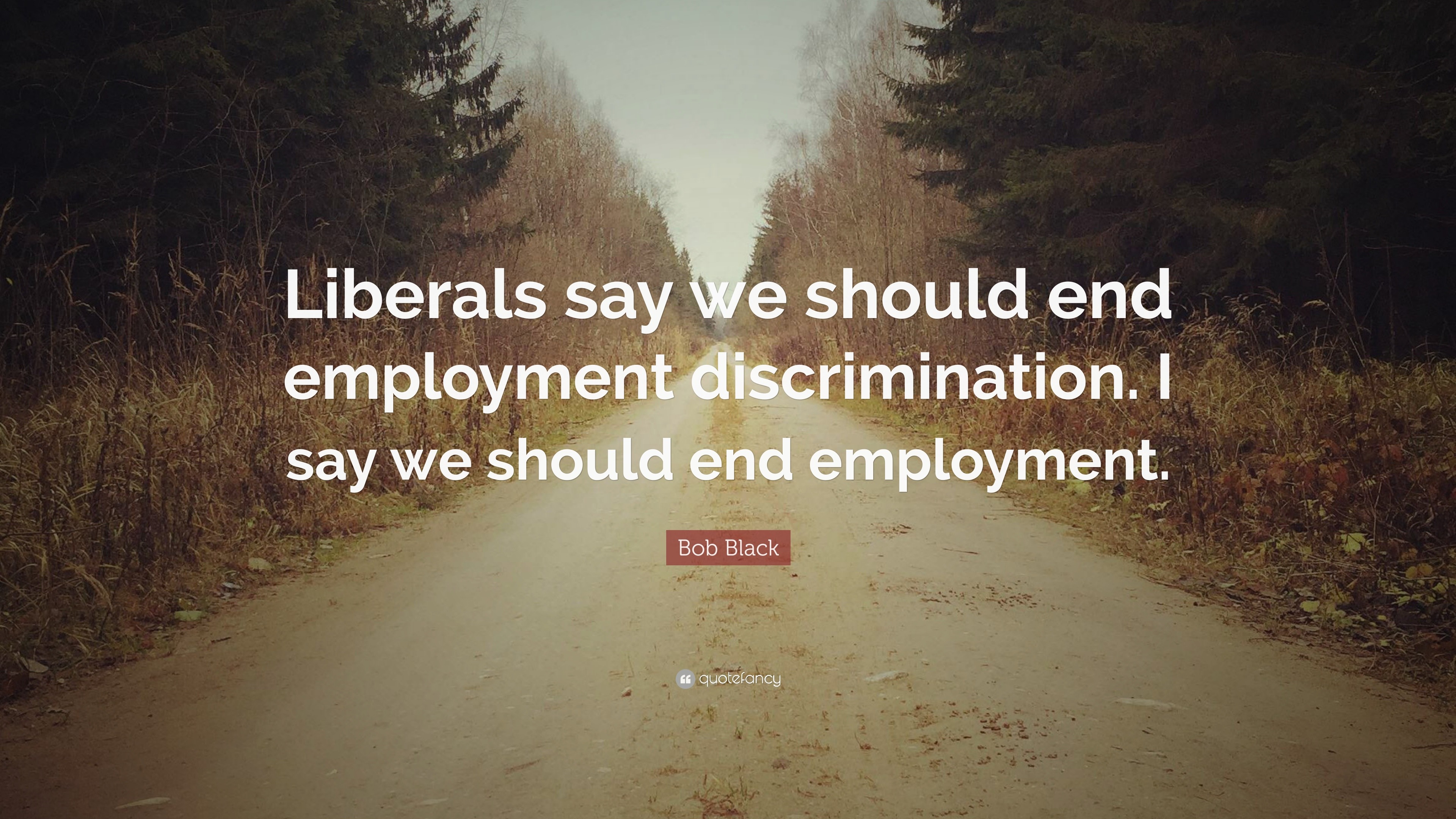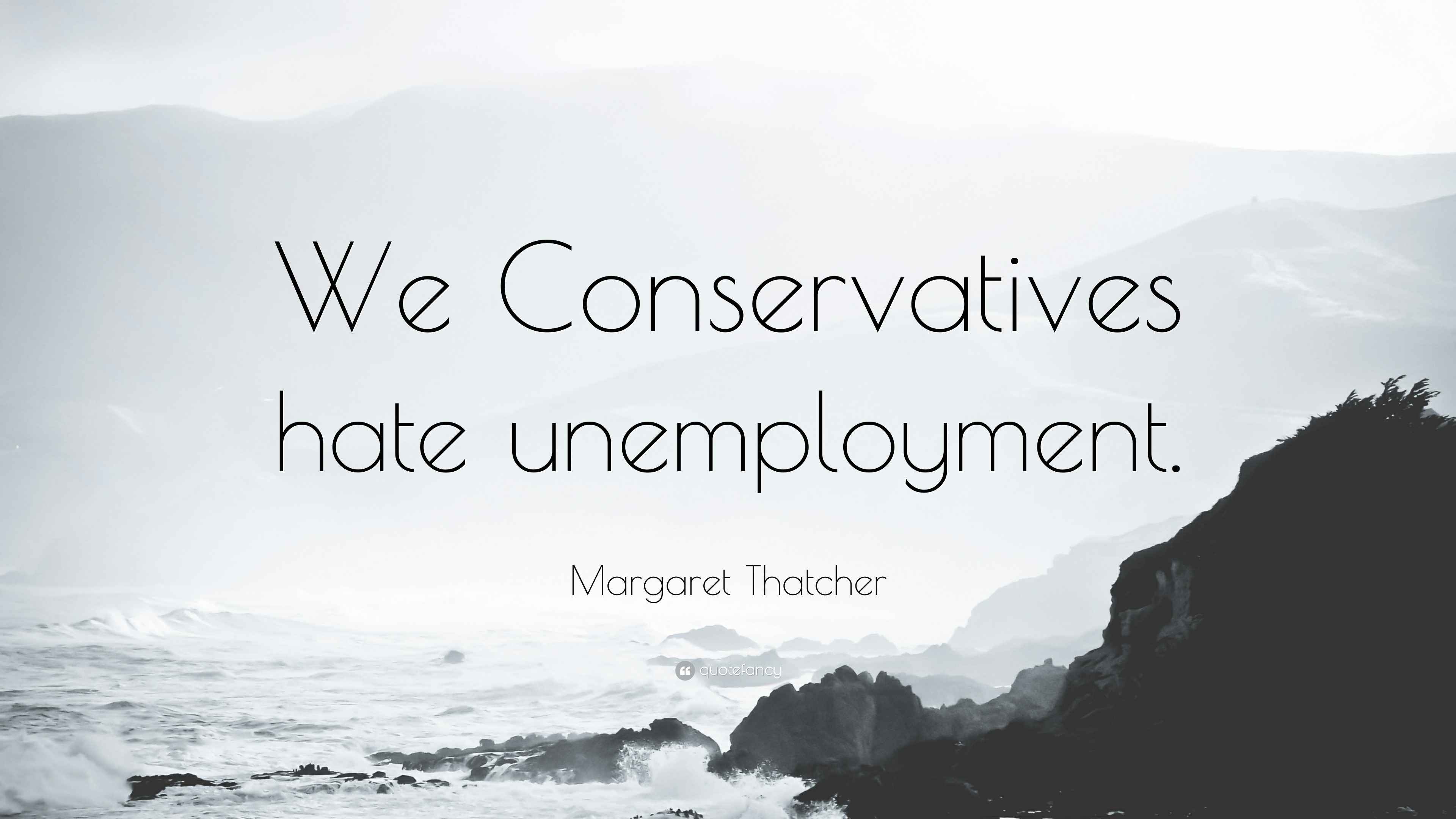Battin rejects ‘extreme’ slur, accuses Labor of running scared – this statement ignited a firestorm in the political arena. The accusation, made amidst a tense political climate, centers around a specific slur used against Battin, sparking a debate about the nature of “extreme” political views and the implications of such accusations on Labor’s standing. We’ll delve into the events leading up to this explosive statement, analyzing Battin’s claims and the public reaction, exploring the broader political ramifications.
This situation unfolds against a backdrop of escalating tensions between Battin and the Labor party. Understanding the historical context of their relationship and previous political clashes is crucial to grasping the full significance of this recent controversy. We’ll examine specific policy disagreements and rhetoric used by both sides, providing a detailed analysis of the “extreme” label and its subjective interpretation within this political battle.
Battin Rejects ‘Extreme’ Slur, Accuses Labor of Running Scared
This article analyzes the political fallout surrounding Battin’s rejection of an alleged “extreme” slur and their subsequent accusation that the Labor party is “running scared.” We will examine the context of the statement, Battin’s accusation, the interpretation of “extreme,” public and media reactions, and the broader political implications.
The Context of the Statement, Battin rejects ‘extreme’ slur, accuses Labor of running scared

The statement, “Battin rejects ‘extreme’ slur, accuses Labor of running scared,” emerged within a highly charged political climate. A timeline of events leading up to this statement is crucial for understanding its significance. For example, prior to the statement, a series of heated debates on [Specific Policy Area, e.g., climate change legislation] had taken place, escalating tensions between Battin and the Labor party.
The specific “slur” allegedly used against Battin remains unclear, requiring further investigation to determine its exact nature and intent. However, based on the context, it likely involved accusations of holding [Type of Political View, e.g., extreme right-wing] views. Previous political rhetoric from both sides included [Example of Battin’s rhetoric, e.g., strong statements on border security] and [Example of Labor’s rhetoric, e.g., criticism of government spending cuts].
Battin’s Accusation of “Running Scared”

By accusing Labor of “running scared,” Battin implies that the party is avoiding a robust debate on [Specific Policy Area, e.g., economic reform] due to fear of losing public support. This accusation has potential implications for Labor’s political standing, potentially damaging their image as decisive leaders. Specific policy positions or actions of the Labor party that Battin might be referencing could include [Specific Labor Policy 1, e.g., their approach to immigration] and [Specific Labor Policy 2, e.g., their stance on free trade].
This accusation mirrors similar accusations made in past political debates, such as [Example of a similar accusation from the past, e.g., accusations of a party avoiding debate on tax reform].
Analysis of the Term “Extreme”
The term “extreme” is frequently used in political discourse to discredit opposing viewpoints. In this context, “extreme” can be interpreted differently depending on the political lens. A conservative might view [Example of a policy a conservative might view as extreme, e.g., significant wealth redistribution] as extreme, while a progressive might view [Example of a policy a progressive might view as extreme, e.g., significant cuts to social programs] as extreme.
| Perspective | Definition of “Extreme” | Examples | Consequences of Labeling as “Extreme” |
|---|---|---|---|
| Conservative | Policies that significantly alter traditional values or institutions. | Radical environmental regulations, large-scale nationalization of industries. | Undermines public support, hinders policy implementation. |
| Progressive | Policies that exacerbate social inequalities or harm vulnerable populations. | Significant tax cuts for the wealthy, deregulation of environmental protections. | Damages public trust, leads to political polarization. |
| Centrist | Policies that deviate significantly from the political mainstream. | Extreme protectionist trade policies, significant cuts to military spending. | Limits political compromise, increases political instability. |
A visual representation of the political spectrum could be a line, with “extreme left” at one end, “extreme right” at the other, and “centrist” in the middle. The term “extreme” would occupy the far ends of this spectrum, with the exact location varying depending on individual perspectives.
Public and Media Reaction
Public response to Battin’s statement was mixed, with some supporting Battin’s claims and others criticizing their language. News articles and social media posts reflect this division. Media coverage varied, with some outlets framing the story as a clash of ideologies, while others highlighted the use of inflammatory language. For instance, [News Outlet A] focused on [Specific aspect of the story covered by News Outlet A], while [News Outlet B] emphasized [Specific aspect of the story covered by News Outlet B].
The statement’s potential impact on public opinion and voter behavior is difficult to predict, but it likely contributed to political polarization.
The Broader Political Implications

This incident has significant implications for the political landscape, potentially affecting the relationship between Battin and the Labor party for years to come. It could also influence future political debates and strategies, leading to more cautious rhetoric or increased polarization.
- Increased political polarization.
- Shift in public opinion towards Battin or the Labor party.
- Changes in political strategy by both parties.
- Further escalation of the conflict.
- Attempts at reconciliation between Battin and the Labor party.
Final Summary

Battin’s accusation that Labor is “running scared” following the use of a controversial slur throws a spotlight on the increasingly heated rhetoric in current political discourse. The incident’s impact extends beyond the immediate clash, potentially influencing future political strategies and public perception of both Battin and the Labor party. The ongoing debate over the definition of “extreme” in politics, fueled by this controversy, highlights the need for careful consideration of language and its potential to escalate tensions.
The long-term consequences remain to be seen, but the immediate fallout underscores the fragility of political relationships and the power of a single, explosive statement.
So Battin’s rejecting that “extreme” slur, saying Labor’s running scared – pretty intense political drama, right? Need a break from all that? Check out the ticket details for the Liverpool v Lille Champions League clash here: Liverpool v Lille: Champions League ticket details. Then, you can get back to dissecting Battin’s accusations against Labor.
It’s gonna be a wild ride!
Helpful Answers: Battin Rejects ‘extreme’ Slur, Accuses Labor Of Running Scared
What specific slur was used against Battin?
So, Battin’s rejecting that “extreme” slur, claiming Labor’s avoiding a real debate. It’s a pretty wild political spat, but hey, sometimes you need a distraction, right? Like, did you see the pics? Check out this article about whether Dua Lipa is engaged to Callum Turner: Is Dua Lipa Engaged to Callum Turner? A New Pics Are Making Her.
Anyway, back to Battin – it’ll be interesting to see how this plays out politically.
The Artikel doesn’t specify the exact slur, only that it was considered “extreme” by Battin.
What were the immediate consequences for Battin after making this statement?
The Artikel doesn’t detail the immediate consequences for Battin. Further research would be needed.
How did the public react beyond news articles and social media?
Okay, so Battin’s rejecting that “extreme” slur and calling out Labor – pretty intense political stuff, right? It’s a stark contrast to the sad news of Olivia Hussey: Romeo and Juliet actress dies aged 73 , a reminder that life keeps moving, even amidst political battles. Back to Battin, his accusations against Labor really highlight the current political climate.
The Artikel doesn’t cover reactions beyond news and social media. Further investigation into public opinion polls or surveys would be needed.
What are some potential long-term effects on the public’s trust in both Battin and the Labor party?
This is speculative, but potential effects could include shifts in voter support, altered campaign strategies, and changes in public perception of both parties’ integrity.